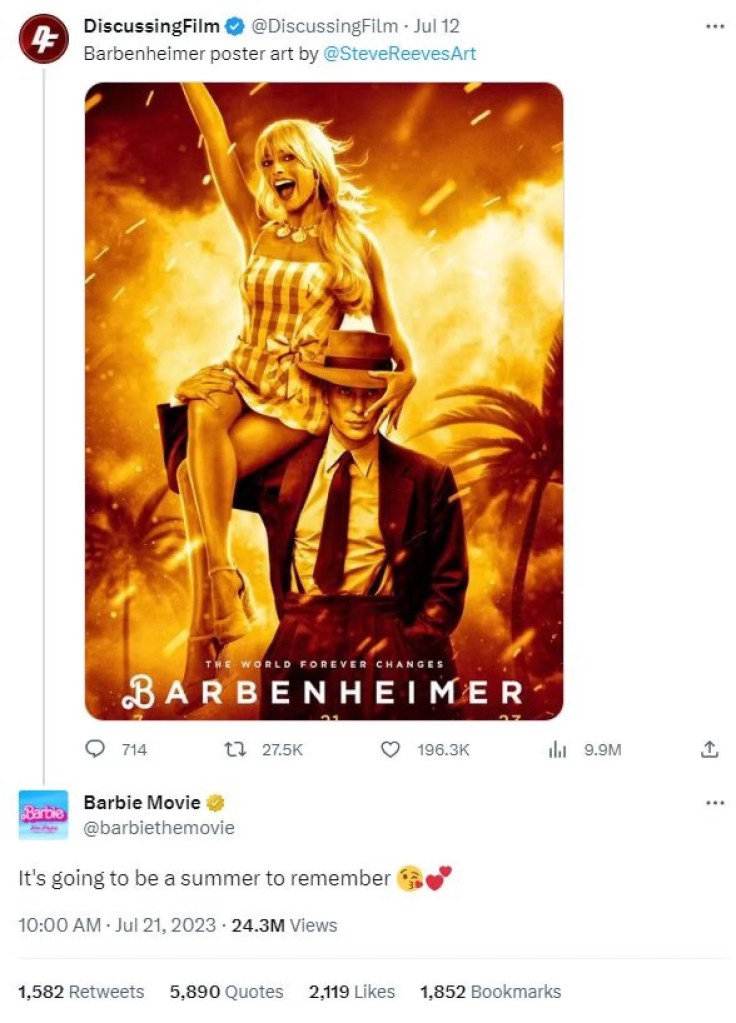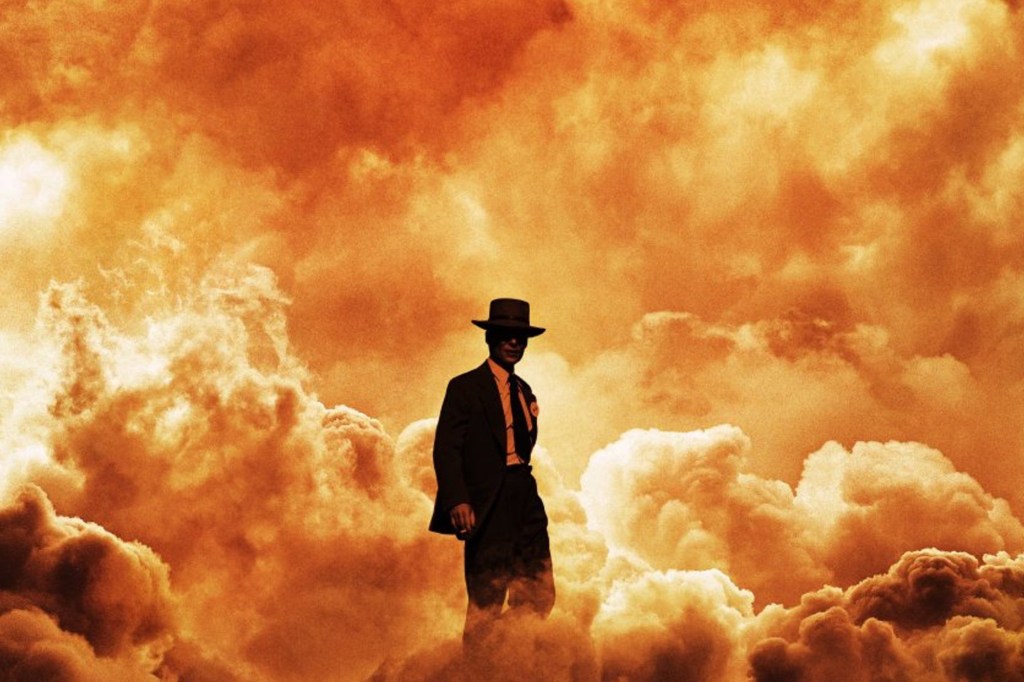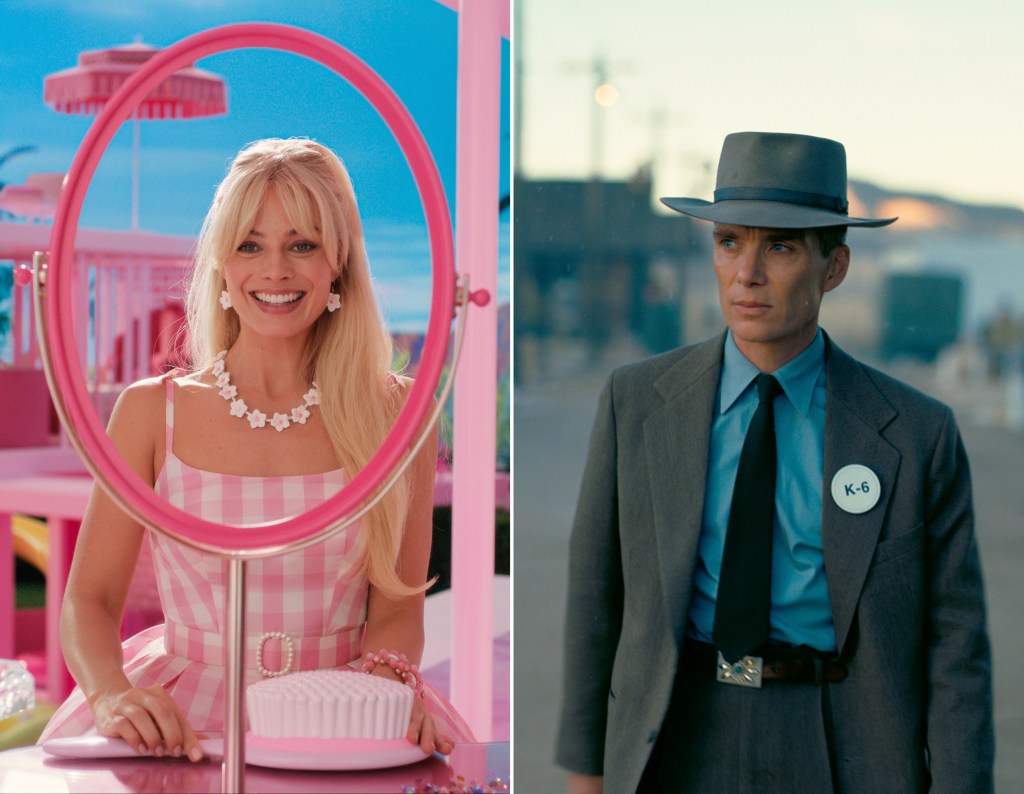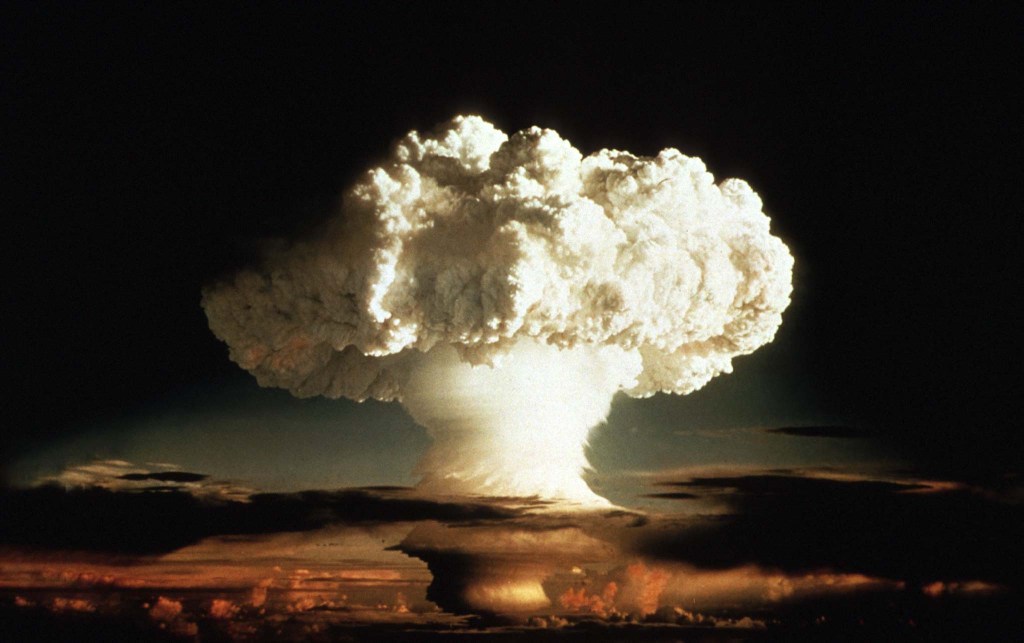‘Insensitive’ Barbenheimer poster sparks controversy in Japan
A now-deleted poster for the internet sensation “Barbenheimer” has sparked controversy in Japan after it seemed to poke fun at the bombings of Hiroshima and Nagasaki, reports the South China Morning Post.
The fan-made poster, which was originally uploaded last month by the account DiscussingFilms on X (formerly Twitter), showed Cillian Murphy’s J. Robert Oppenheimer holding Margot Robbie’s Barbie in front of a mushroom cloud.
Japanese users were further aggravated when the official US account for the Barbie film commented on the post, writing that “it’s gonna be a summer to remember.”
Since the comment controversy, the hashtag “#NoBarbenheimer” has been trending on social media.
“I love memes, but this one was shocking,” wrote one user. “It probably spread without such a deep meaning, but as a Japanese person, I can’t laugh at it.”
“I absolutely can’t condone the act of jokingly spreading tweets that make fun of the atomic bombing that killed so many people in Japan,” spat another. “I strongly demand that the related tweets be immediately retracted and deleted.”
“The Barbie movie is no good because the formula is already completely riding on the atomic bomb and the meme of the mushroom cloud,” slammed a third person. “There is no salvation in words that the fans were just excited and there was no official intention. done.”

Warner Bros. Japan said it’s currently seeking “an appropriate response” and has since responded to the hoard of angry posts.
The Japanese “Barbie” account released a statement saying that it was “extremely regrettable that the official account of the American headquarters for the movie ‘Barbie’ reacted to the social media postings of ‘Barbenheimer’ fans.”
“We take this situation very seriously. We are asking the US headquarters to take appropriate action. We apologize to those who were offended by this series of inconsiderate reactions.”


On Tuesday, Warner Bros. US issued its own statement apologizing for its “insensitive” social media engagement, but many have remarked that the apology seemed half-hearted.
“Warner Brothers regrets its recent insensitive social media engagement,” a rep for the studio told Deadline. “The studio offers a sincere apology.”
Since both movies opened on July 21, “Barbenheimer” has sparked an obsession on the internet, ranging from memes and mashups to products like T-shirts and mock-up movie posters.

“Oppenheimer” has yet to be released in Japan as this month will commemorate the 78th anniversary of the US dropping the atomic bombs on Hiroshima and Nagasaki.
“Hollywood takes into consideration themes and expressions that are sensitive to certain countries,” Takashi Uchiyama, a professor at Aoyama Gakuin University told the South China Morning Post. “I think there was a desire to shift the timing of the release.”
Jeffrey J. Hall, a history lecturer at Kanda University of International Studies, told the news outlet that “it is very common for Japanese film distributors to delay film releases up to six months or a year, and it rarely is politically motivated.”
This is not the first time “Barbie” has been reportedly blasted in the media.
The film was initially banned in Vietnam after an in-movie map of the world using the “nine-dash line” — a set of line segments that represent China’s territorial claims in the South China Sea — which the country said “violated” their sovereignty.
“We do not grant license for the American movie ‘Barbie’ to release in Vietnam because it contains the offending image of the nine-dash line,” state-run Tuoi Tre newspaper said, Reuters reported.
Warner Bros. later issued a statement trying to clarify its intention.
“The map in Barbie Land is a child-like crayon drawing,” a spokesperson told Variety. “The doodles depict Barbie’s make-believe journey from Barbie Land to the ‘real world.’ It was not intended to make any type of statement.”
Read the full article Here


